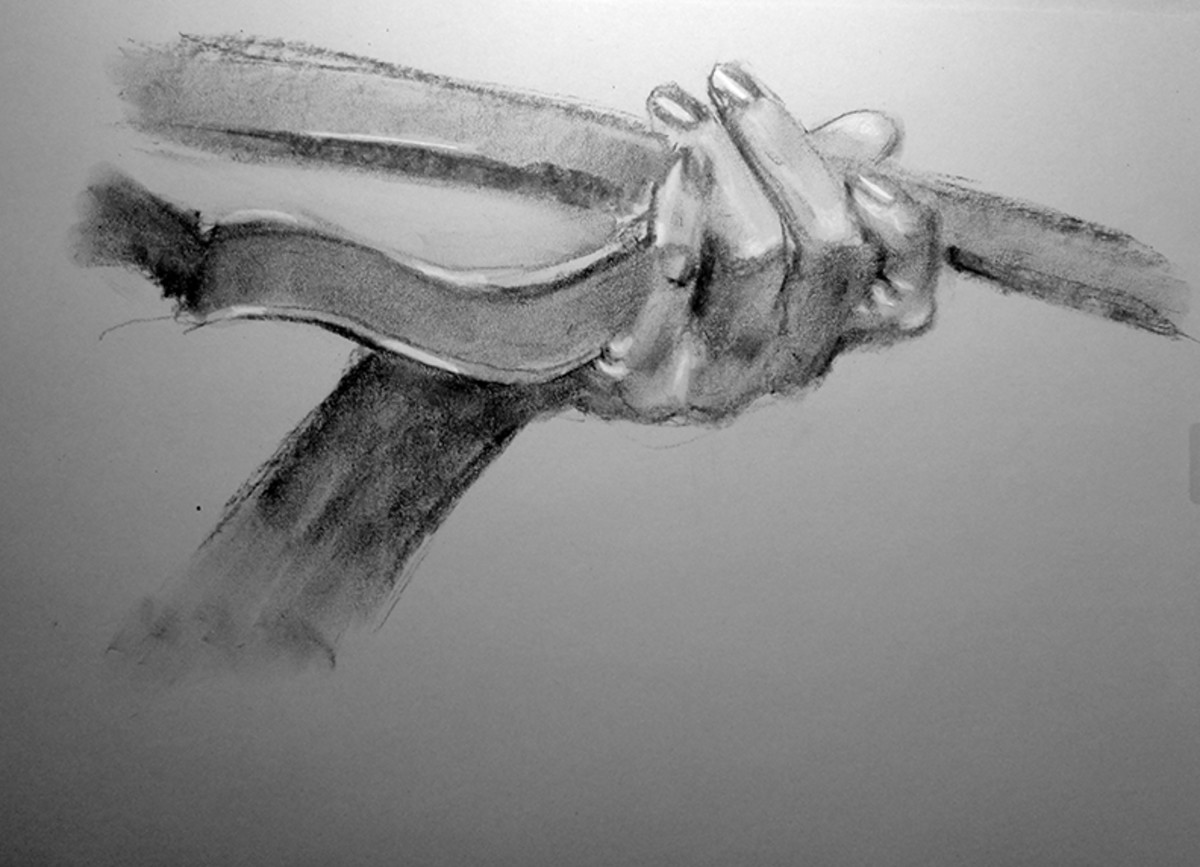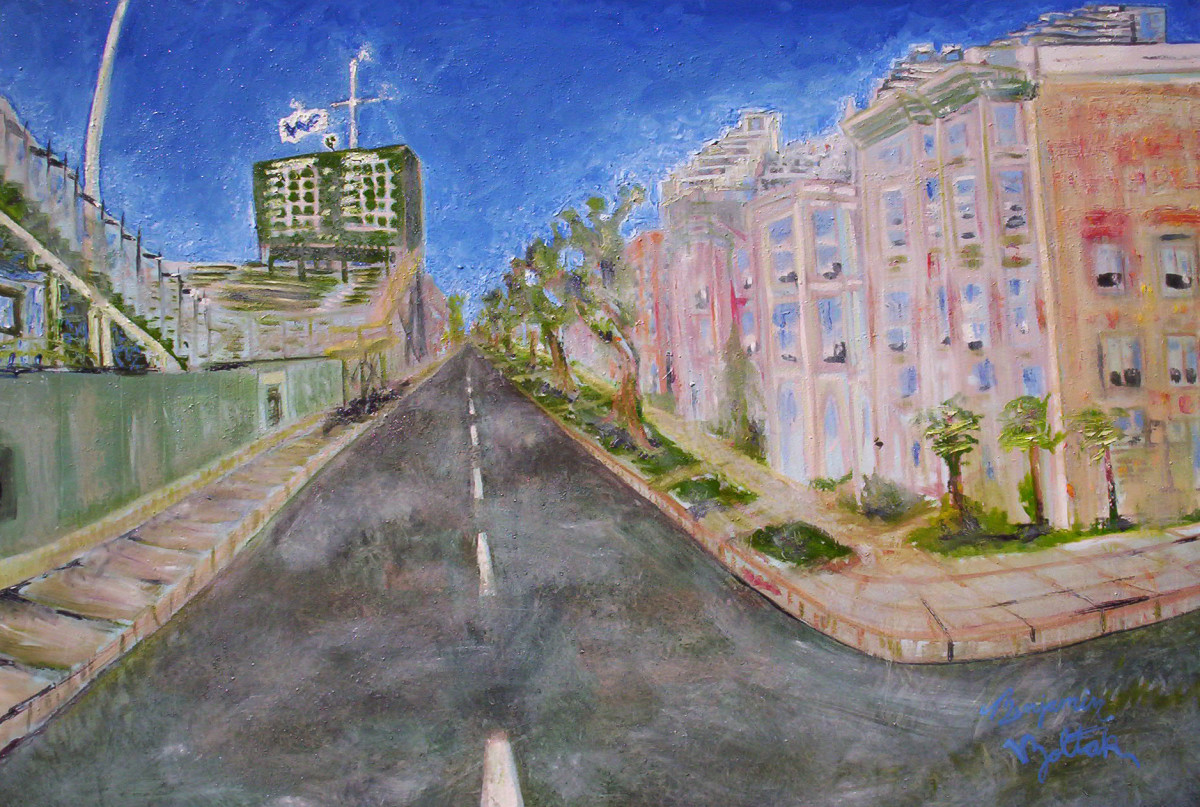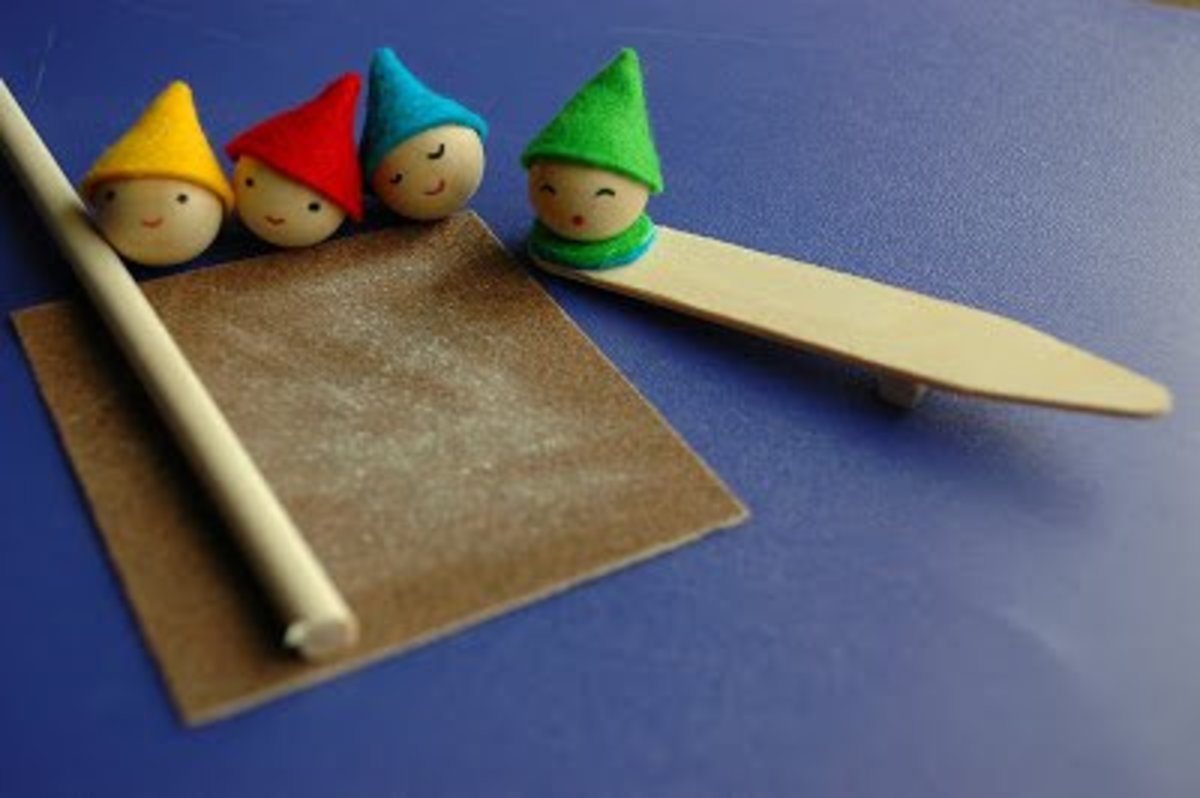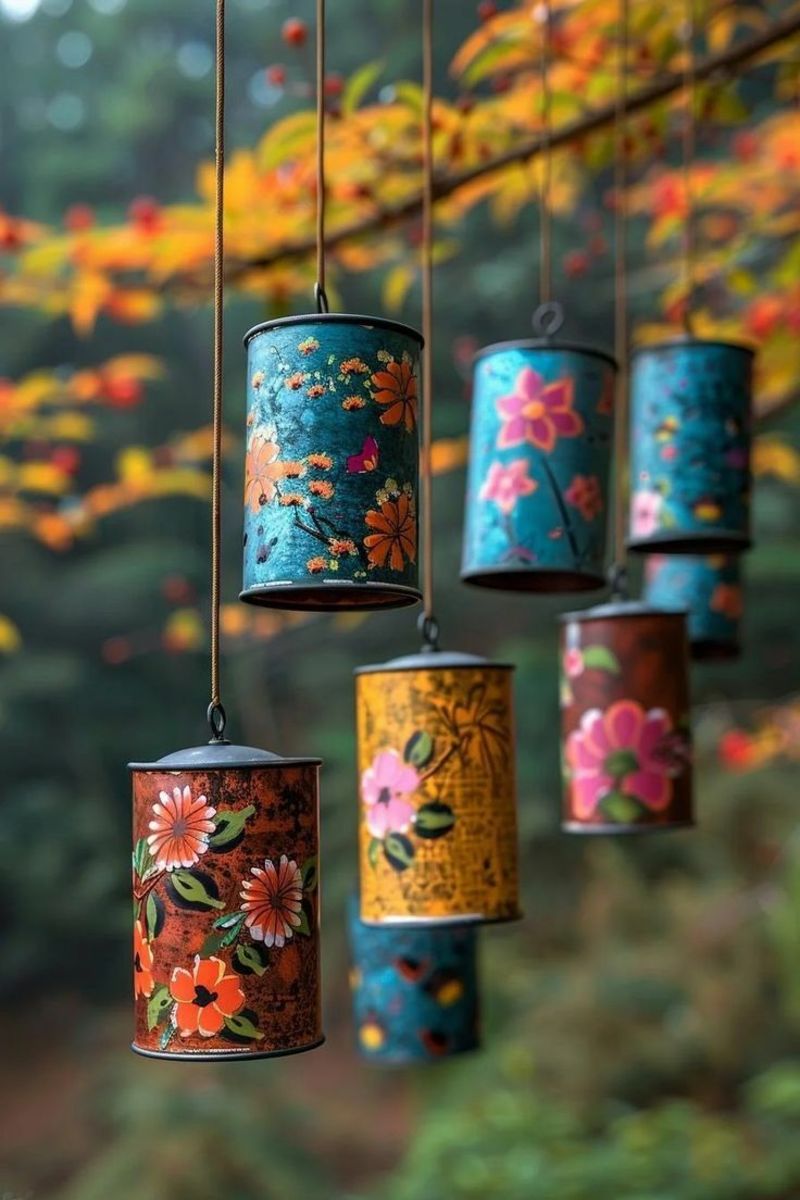How You Can Improve Your Art and Grow as an Artist
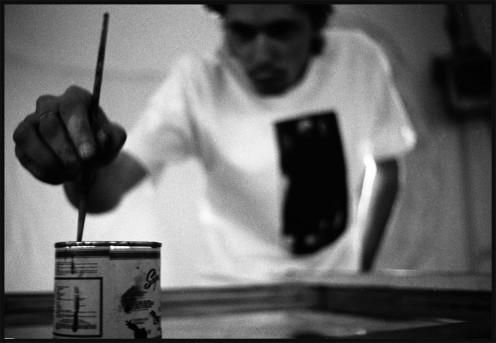
Don't be fooled into thinking that there is going to be some magic shortcut or easy button that will enable you to improve your art. Professionals and people who are better than you have been working at their craft for years and nothing but hard work, dedication and a ton of time created that skill.
Being an artist means working hard to create something that you love. It's hard way of life, especially since you're always going to feel dissatisfied on some levels with your progress. However, I've found a couple of tricks that help keep my skills sharp and have proven to motivate me to continue growing as an artist.
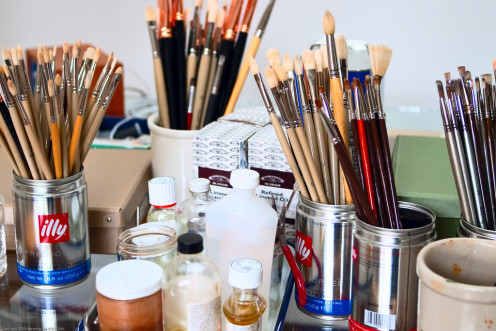
Take a Class or Attend School
This definitely is not for everyone, but sometimes just being around other creative people is enough to inspire or motivate you to improve yourself. There is nothing wrong with a little friendly competition (just be weary about comparing yourself negatively which can hinder your growth if you don't believe you can get better).
Taking a class can help you learn from someone who is better than you, just as learning from a book can do the same. It all depends on how easily you learn and whether you like the self-motivation of teaching yourself. The creative environment is something that I would encourage everyone to experience at least once. It's both a humbling experience and inspiring experience. You don't have to go to school full time or shell out a lot of money. Local artist clubs or classes can provide the same effect.
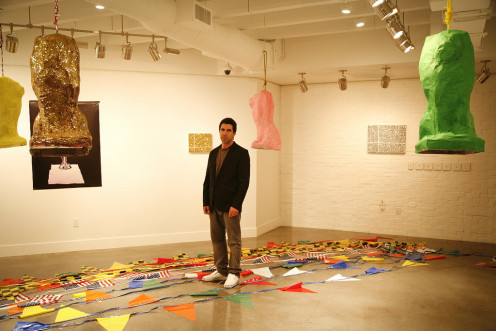
How to use Criticism to Improve Your Work
Learning from books or taking classes can only get your art up to a certain level. With your work you are going to have a blind eye to certain changes, even if you know they need to be done. A great example is having to erase and draw a hand over. If you spend hours drawing the hand, you'll naturally not want to just erase and start over. However, if someone else points it out, you may end up deciding that you had better erase it. In the end, this could improve your drawing to a place it wouldn't have been before.
Other people will also have different insights into your work because they are not close to your work. They might be better at values or composition than you and asking their opinion and suggestion will allow you try not only try new things but to see your work through someone else's eyes.
How to Not be Upset by Criticism
One of the hardest parts about showing your work to someone and asking their opinion is the feeling of vulnerability that comes with the act. Since it is your work, you have at least some sort of an emotional investment with your piece. Bury it.
In order to be able to learn and grow from critique, you're going to have to learn to not be defensive with your work and allow other people to form their own opinion of your work. Some people will absolutely not get your work and that's okay. Not everyone is going to like the same thing. It'd be boring if everyone did.
If you find yourself being really defensive about your work, try these steps:
- Let the other person tell you what they think about your work. Restrain yourself from defending your work (whether it be your style or your concept). This does take practice.
- If the person critiquing your work flat out says "I don't get it." feel free to explain your concept and what you were going for.
- Ask for any clarifications with what they suggested.
- Even if you don't agree with what was said (which is fine!) thank them for taking the time to give you suggestions and their opinion.
- Consider what was said and decide if you can use it to improve your work. Even if you don't believe you draw too lightly, maybe try seeing if pushing your darks a little more will help bring out the contrast in your drawing.
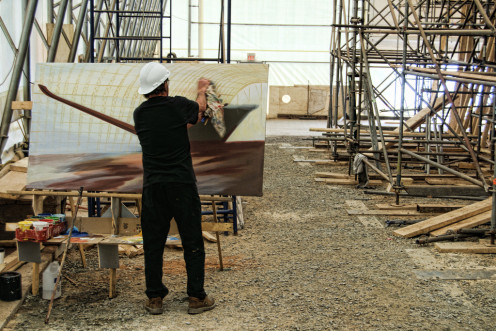
Use Research and Reference to Improve Artwork
When I was a younger in my art career, I always resisted the use of reference material and research that I had to do before actually starting my project. However, the use and validation that is added to your project from your research and materials is invaluable.
Do you enjoy the process of researching a gathering reference material?
It's the difference between knowing your work and the meaning behind it and just guessing and hoping that the point and meaning is known.
A great example of this is if you're illustrating or bringing to life a western scene. If you're only guessing about the kinds of plants that exist or the climate that exists, you lose the authenticity of the area if you make a mistake. You can assume what buildings looked like, but without the research and reference to help guide you, you'll never be able to bring it life.
Benefits of Research and Reference
- improved authenticity and better understanding of your subject matter
- gives you material to draw from for future projects
- takes of the pressure of misrepresenting a culture, place or subject matter
However, be sure to not get too sucked into researching and nit picking about details. Being an artist gives you creative license, so don't forget that you have the power to change details to suit your needs.
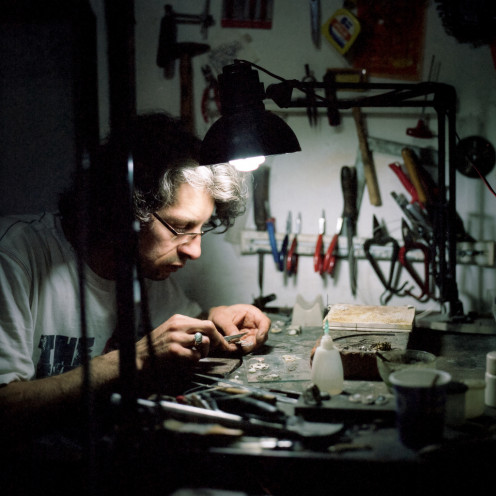
Experiment with Styles and Learn New Techniques
As an artist there will always be something new to learn. Even if you don't plan on ever glass blowing or painting a landscape as your career, learning new skills and trades will help improve your art.
This will give you a new outlook on your own trade and give you ideas and different methods for accomplishing a certain task. Learning to color grade a photograph the same way you color grade and correct video footage will give you a new way of approaching photography corrections. The same can be applied to other mediums and techniques. A wood working class may give you an new idea for your 3D model or a jewelry or dance class may do the same.
Research other cultures and their art. Go to an art museum and see how other people approach the same medium. Experimenting may spark a new life into your work and make it unique.
Do you find having a set time to do your art helps productivity?
Practice and Dedicate Time to Improve Your Art
If there are certain areas that you know you're not good at, like life drawing or etching on glass. Set aside some time and dedicate yourself to just practicing. No one is good at everything and owning up to and admitting your bad at something is already helpful to your art.
Drawing fifty hands in fifty different positions will help build your knowledge of how the human hand works. This will give you a reference for later when you're trying to draw a concept. It might take longer than fifty to get where you want to be with at drawing hands, but don't give up and be persistent.
How to Stay Motivated to Practice Every Day
Establish a routine to accomplish what you want to get better at and then stick to it. Don't wait around to get motivated or inspired, as they rarely happen when you want them to. If you love what you're doing, you'll fall into your work and get motivated as you progress and work.
I actually really hate the word "practice". It sounds like you're not doing something that is making a difference, so instead of "practicing", I will train or play around. If I want to get better at figure drawing, I'll set aside a couple minutes a day, even if it's just ten minutes, and I'll sit down and draw. Without a set time or routine, it's harder to stay focused and actually dedicate yourself to your craft. Losing that mentality that it's just practice allows me to find meaning in the daily work and not feel pressured to come up with something amazing every day. It's more than okay to have an off day (or even a week or month). The most important thing is just to keep sharpening your skills.
Having a dedicated time to practice every day helps to:
- helps keep you working and beat days when you don't feel like working (you've been drawing every day for two weeks, don't break the drawing streak).
- allows you to escape from every day stress, if you work in a non creative field
- gives you an excuse to just spend time doing what you love
- keeps your skills sharp and your mind in a constant creative mood
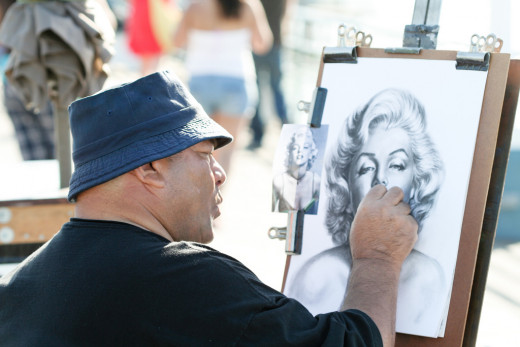
Subscribe and Follow Others
This may seem like kind of a weird way to improve your art, but keeping up with what other people are doing and seeing new ideas helps keep you motivated and wanting to create new things. With social media, forums, YouTube and newsletters there is always a way to find new artwork that you can draw from and use for inspiration.
Don't limit yourself to only looking at styles similar to yours either. Look at art that you don't necessarily like or different styles that you've never been able to draw. You never know when you're going to need some inspiration and feeling motivated and wanting to try new techniques gives you that drive to become a better artist.
Conclusion and Closing Thoughts
Being an artist is a continuing journey. There is always work to be done and techniques that can be improved upon and invented. It's more of a state of mind that allows you to try to better yourself as an artist. On certain levels, it may be frustrating, but on others it's nice knowing that there is something that is always in the works.
There's no shortcuts to getting better other than hard work and dedication, but learning how to take critique and how to improve your work through those suggestions is a good way to better yourself beyond your own capabilities.
Listen to other people and hear what they have to say. If you want to improve your art, the first step is committing yourself to the change and believing that with hard work you'll get better.


